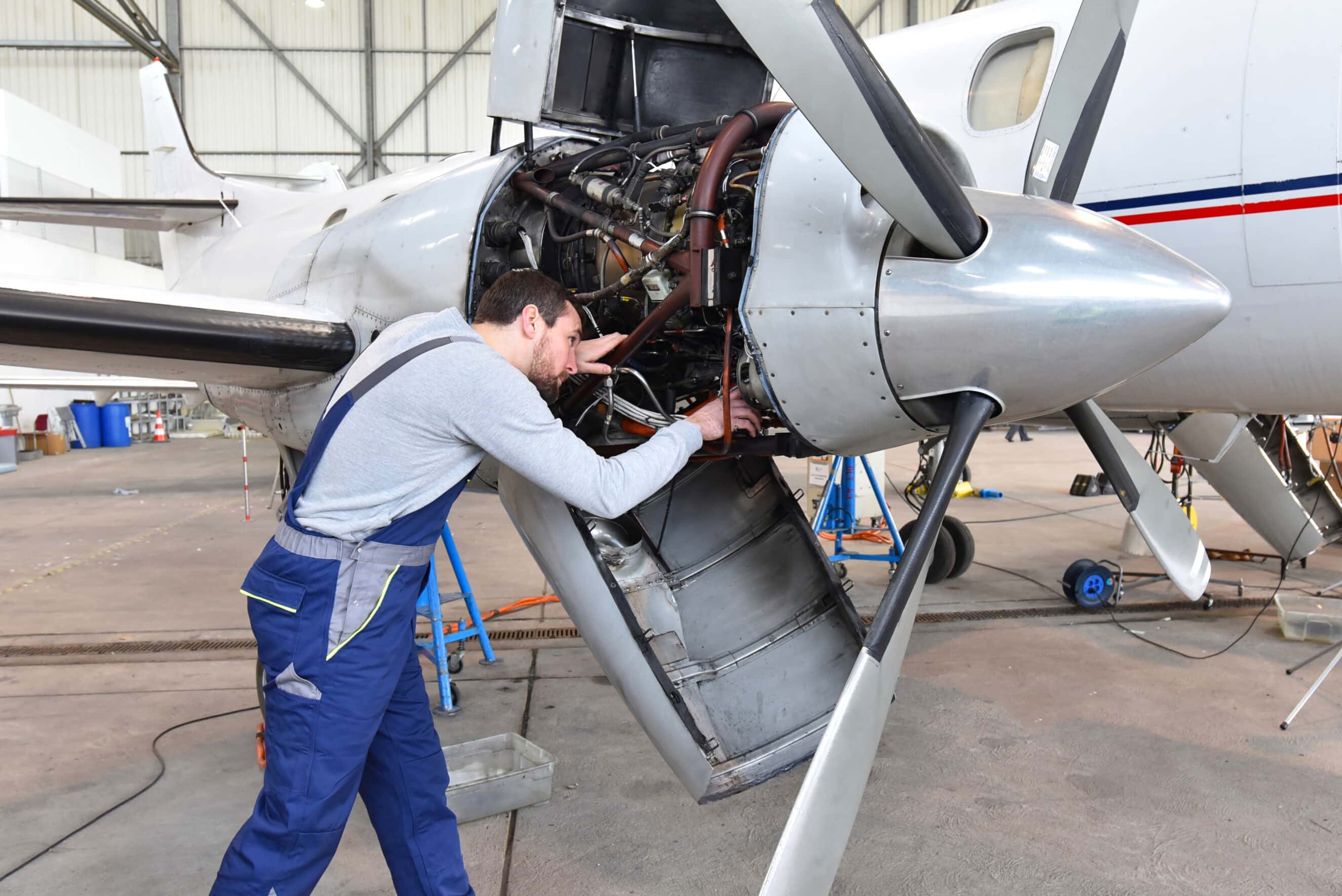Primary Aspects of Aerospace Systems Engineering in Commercial Businesses

Aerospace systems engineering involves designing, testing, examining, and constructing minor or significant systems for businesses in the aerospace industry. This may include vehicles for space and air travel. Most aerospace system engineers work on products for various aviation businesses and the military sector, including missile systems and spacecraft. Here are some primary components of how aerospace systems engineering plays a critical role in most companies.
Product Development Cycle & Technology Integration
Aerospace systems engineers are usually involved in the entire product development lifecycle – from conceptualization to production. They work on developing reliable aerospace systems that meet performance, safety, and regulatory requirements. In addition, aerospace businesses often combine different advanced technologies into their products, such as navigation systems, avionics, and communication systems, to improve the capabilities of aerospace platforms.
Safety Measures & Regulatory Compliance
Ensuring the safety of aerospace systems is imperative because systems engineers perform safety analyses, rigorous risk assessments, and reliability engineering to identify possible issues. These measures ensure the reduction of risks and the enhancement of system reliability. Commercial aerospace companies must also comply with strict regulatory certifications and standards. In addition, aerospace systems engineers collaborate closely with regulatory authorities like the Federal Aviation Administration to ensure their products satisfy all regulatory requirements.
Budget and Schedule Management
Aerospace projects often consist of substantial budgets and tight deadlines. So, systems engineers are responsible for effectively handling costs, schedules, and resources to ensure they complete the projects within budget and on time. This may include collaborating with partners and suppliers to manage the supply chain effectively.
Utilization of Data Analysis Tools
Moreover, aerospace engineers use advanced data analysis tools to model, assess, and maximize aerospace systems. This assists in predicting system behavior, identifying performance enhancements, and addressing issues before deployment. At Systems Strategies & Analysis (SSA, Inc.), we can support our customers in mission operations. Call SSA at 240-813-4427 today for any questions!
Environmental Impact
With a demanding impact on sustainability, systems engineers in commercial companies constantly develop eco-friendly technologies, minimizing emissions, enhancing fuel efficiency, and reducing the environmental impact of aerospace operations.
Ultimately, ongoing improvement is crucial in aerospace systems engineering. Commercial aerospace companies invest in research and development to improve their products, seek out new technologies, and stay ahead of competitors within the aerospace industry.
Contact SSA, Inc. Today for Systems Engineering Consulting Services
If you have any questions regarding our systems engineering consulting services, contact Systems Strategies & Analysis today. From program/project management services to Model-Based Systems Engineering (MBSE)/Model Based Engineering (MBE) training, our team has the skills and expertise to quickly design, build, integrate, and operate software-intensive, enterprise-wide systems. We provide every client with comprehensive solutions to satisfy their unique goals. Contact SSA, Inc. by calling our support team at (240)813-4427 or sending us a message via our website. Follow us on LinkedIn, Facebook, and Pinterest for company news and updates.




